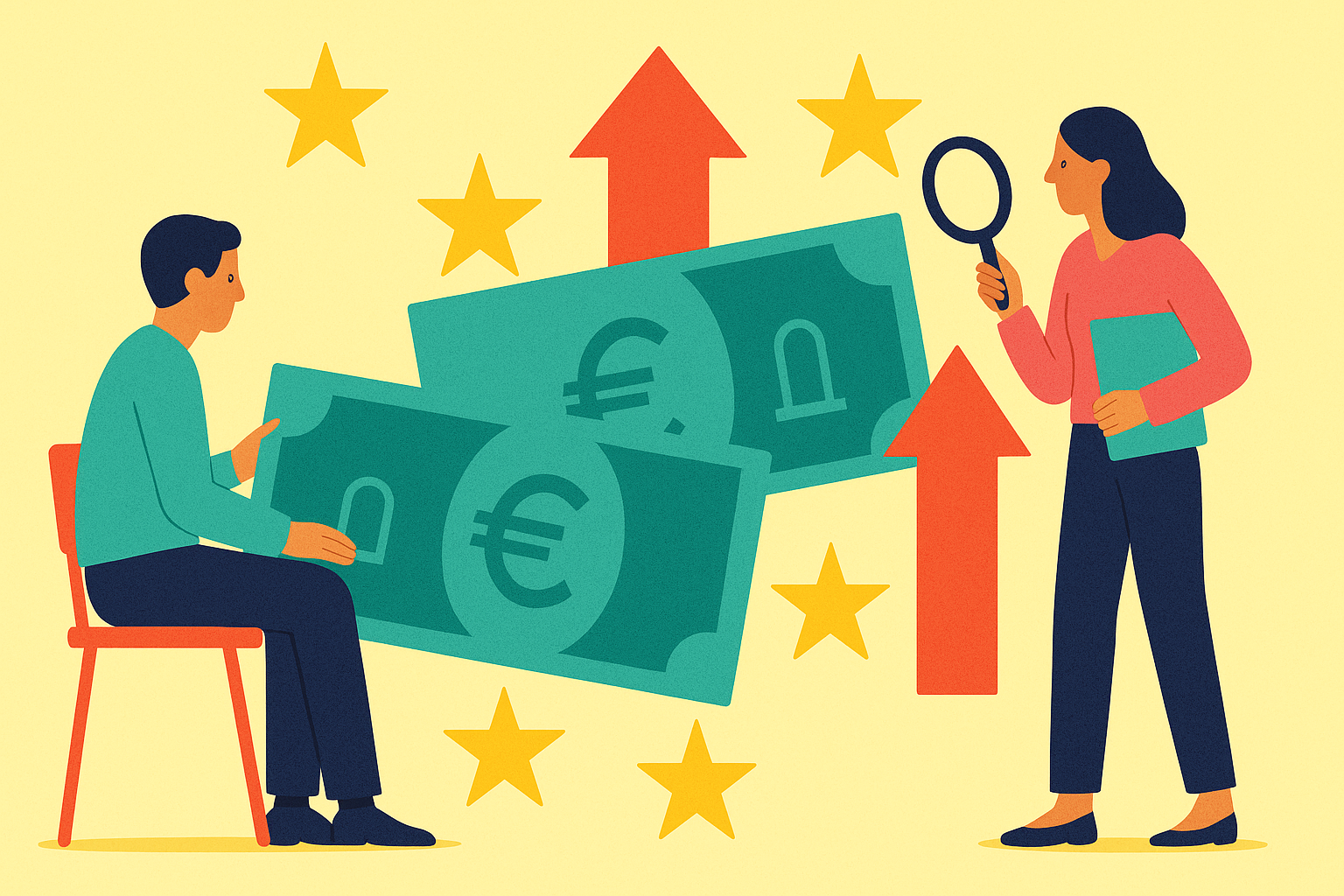Eurozone News
LAST UPDATE: May 28, 2025
ECB Says Consumers’ Inflation Expectations Rise for Second Month
The European Central Bank reports that euro-area consumers’ inflation expectations have increased for the second consecutive month, with prices expected to rise by 3.1% over the next year.
Insight
Rising inflation expectations indicate growing concerns among consumers about future price increases. The ECB must balance these expectations with its monetary policy to maintain price stability. Understanding consumer sentiment is crucial for the ECB’s decision-making process regarding interest rates and inflation control.
ECB’s Lagarde determined to complete her term, spokesperson says
European Central Bank President Christine Lagarde intends to serve her full term until October 2027, despite reports suggesting she considered leaving early to lead the World Economic Forum.
Insight
Lagarde’s commitment provides stability to the ECB amid economic uncertainties and policy challenges. Her continued leadership ensures consistency in monetary policy and strategic direction. The speculation about her departure highlights the demand for experienced leaders in global economic institutions and the importance of clear communication to maintain market confidence.
German unemployment rises by more than expected in May
Germany’s unemployment increased by 34,000 in May 2025, reaching 2.96 million, the highest in a decade, with the jobless rate steady at 6.3%.
Insight
The unexpected rise in unemployment reflects ongoing economic challenges in Germany, including labor shortages and declining job openings. The situation is exacerbated by new U.S. tariffs, potentially pushing Germany into a third consecutive year of recession, a post-war first. Chancellor Merz faces mounting pressure to stimulate the economy amid these headwinds.
French economy growth confirmed at 0.1% in first quarter
France’s economy grew by 0.1% in Q1 2025, as confirmed by INSEE, with inventory increases offsetting weak domestic demand and exports.
Insight
The modest growth indicates a fragile economic recovery, with household purchasing power rising slightly. However, increased savings and declining corporate profit margins suggest cautious consumer behavior and business uncertainty. The outlook remains subdued amid global trade tensions.
Croatia’s economic growth slows to 2.9% in the first quarter
Croatia’s GDP grew by 2.9% year-on-year in Q1 2025, down from 3.9% in the previous quarter, due to weaker household consumption and investment.
Insight
The slowdown reflects reduced domestic demand and investment, possibly influenced by global economic uncertainties. While growth remains positive, the deceleration may prompt policymakers to consider measures to stimulate consumption and investment.


